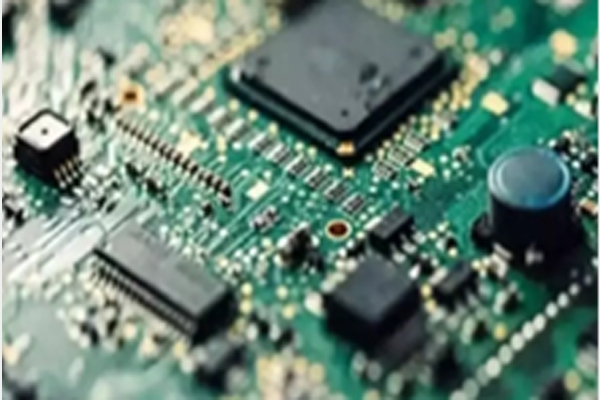The current situation of slowdown in the electronic chip business will not have any impact on India’s semiconductor programme – Rajeev Chandrasekhar
The government expects to approve up to two applications this year to start building electronic chip manufacturing plants in the country, minister of state for electronics and IT Rajeev Chandrasekhar said.
While speaking on the side lines of the Semicon India Future Design Conference, the minister told that the current situation of slowdown in the electronic chip business will not have any impact on India’s semiconductor programme as the impact is cyclical in nature but the programme has been conceived with long term vision.
“The year 2023 will be an important milestone. We will cross Rs 1 lakh crore in mobile phone exports this year. We will be certainly announcing one to two fabs in India to be commencing construction,” Chandrasekhar said. The government has received proposals from five companies for setting up electronic chip and display manufacturing plants with investments of Rs 1.53 lakh crore a year ago.
Vedanta Foxconn JV, IGSS Ventures and ISMC propose to set up electronic chip manufacturing plants with USD 13.6 billion investment and have sought support of USD 5.6 billion from the Centre under the Rs 76,000 crore Semicon India Programme.
A joint venture of Indian conglomerate Vedanta and electronics manufacturing giant Foxconn has finalised the Dholera Special Investment Region near Ahmedabad city of Gujarat for setting up their semiconductor and display manufacturing facility.
In the biggest ever corporate investment in the history of independent India, a joint venture of Vedanta and Foxconn in September last year signed a Memorandum of Understanding (MoU) with the Gujarat government to invest Rs 1,54,000 crore to set up the plant in the state.
It is slated to be the first manufacturing facility for semiconductors in India. The minister at the event facilitated the first three startups — Vervesemi Microelectronics, Fermionic Design and DV2JS Innovation, selected under the Design Linked Incentive scheme in the semiconductor space.
“We will expand the semiconductor design ecosystem which was only 2-3 companies a few years ago to a 100 startup by the end of the year. This is in my opinion our goal for 2023,” Chandrasekhar said. He announced that a private industry-led research centre, “India Semiconductor Research Centre” (ISRC), will soon be launched and the semiconductor laboratory is being modernised and pivoted into a research fab and will be co-located with the ISRC.
The minister also announced the launch of the ChipIN Centre at C-DAC India, Bangalore which will act as one-stop centre to provide semiconductor design tools, fab access, virtual prototyping Hw lab access to fabless chip designers of the country.







